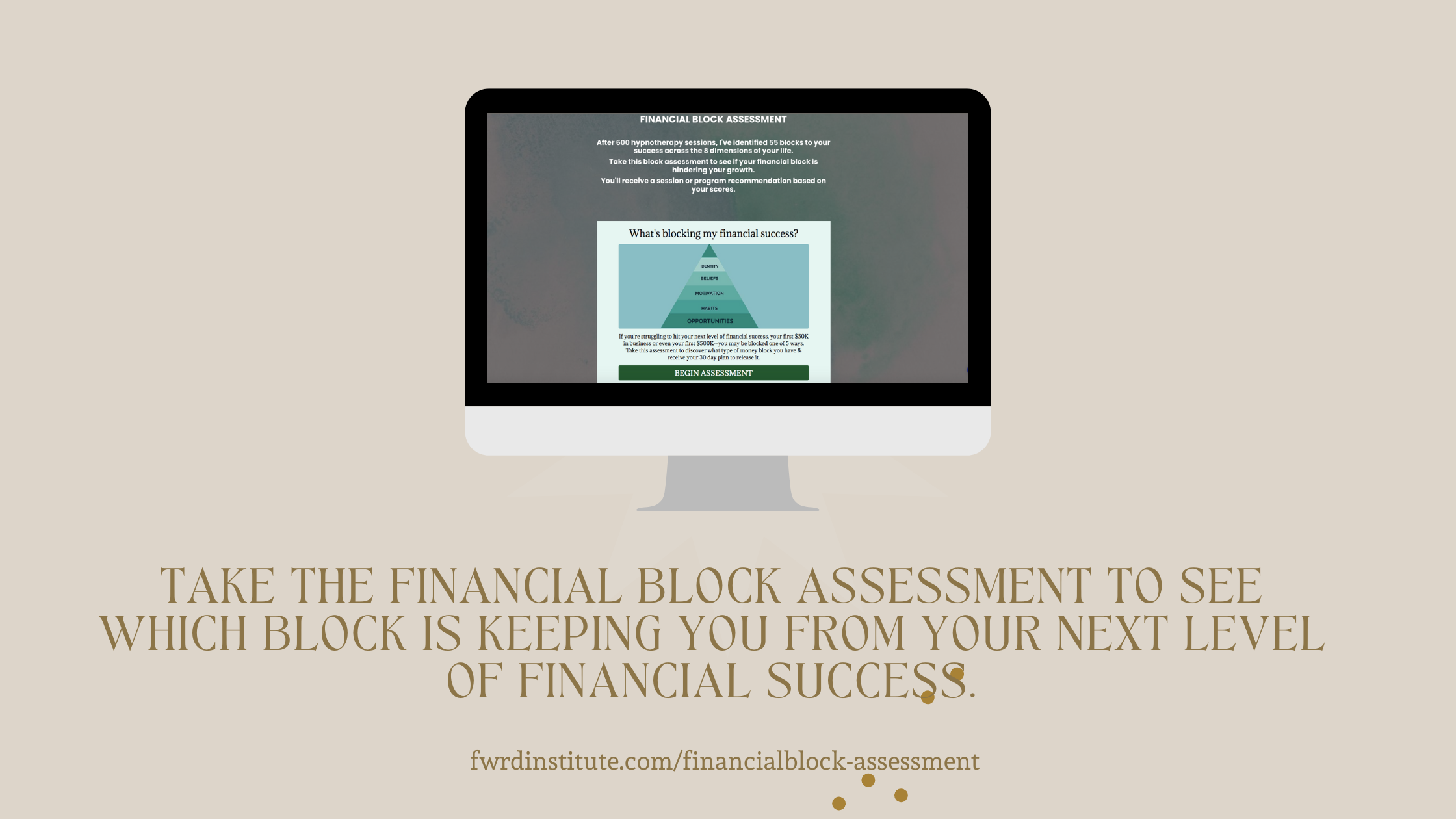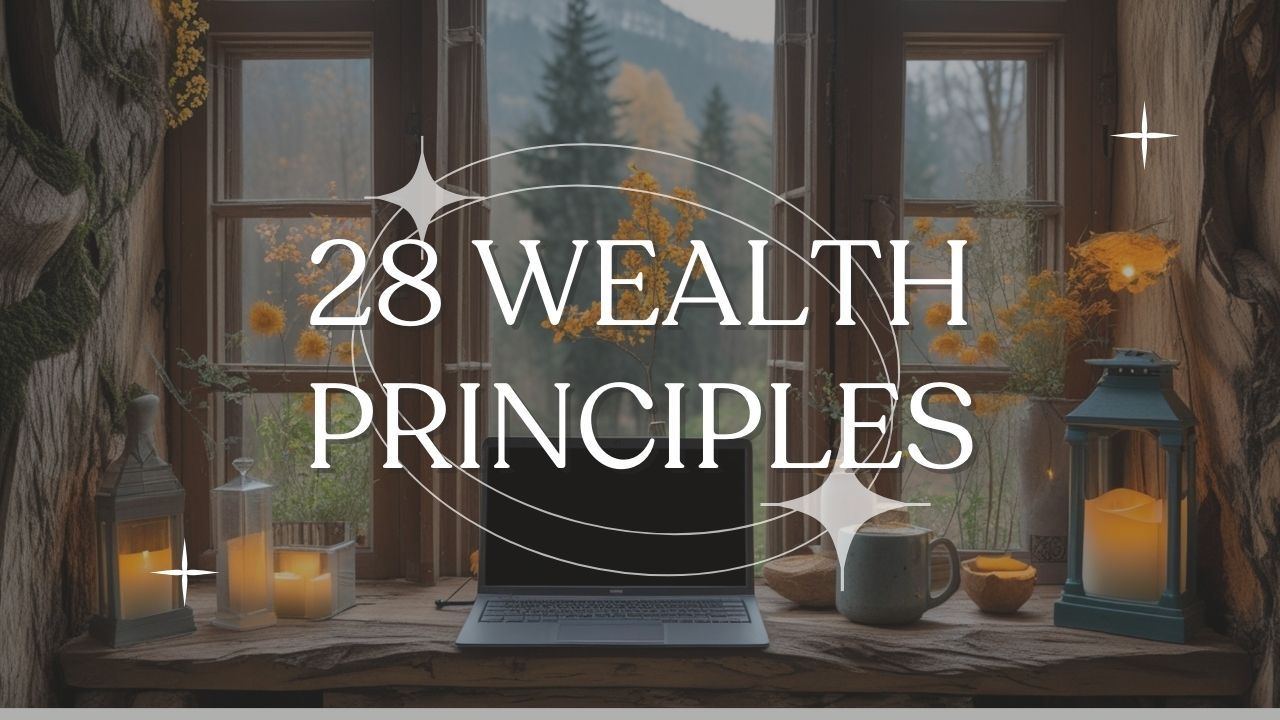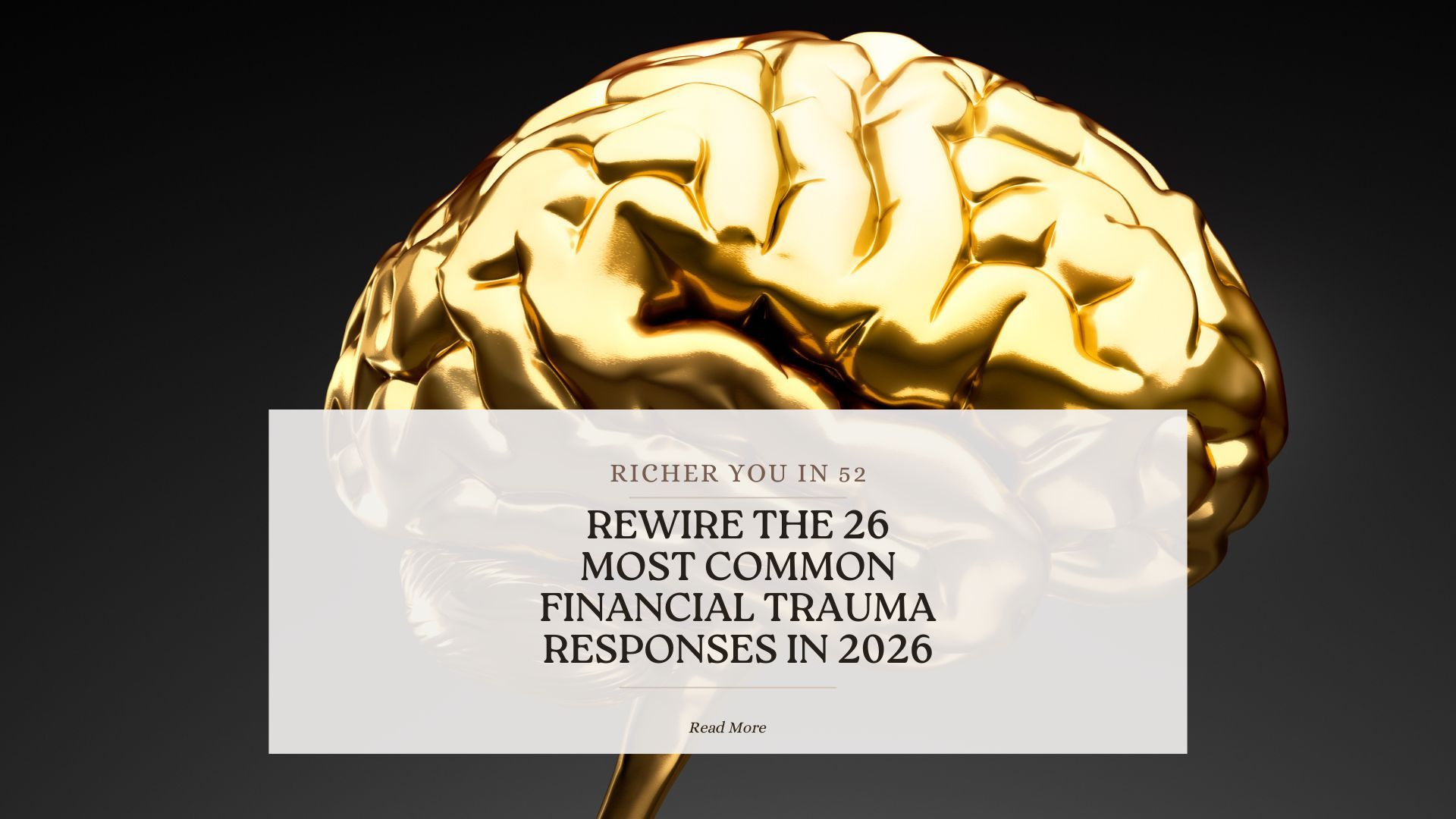Elevate Your Connections

In part 4 of our guide to becoming a better you, we’re examining our human connections. Do you know that as humans, our physical, emotional, and social health can be negatively or positively influenced by our connections with others? This is so because we humans are social creatures and thus, we are social by nature. Because no man is an island, no one can truly survive on his own since life often gives us a series of challenges, and the strength we need to survive these challenges is provided by the support system we build. This support system comes from our interpersonal relationships. As a result of this, we must learn to build quality interpersonal relationships with the people that surround us.
What Is an Interpersonal Relationship?
Your interpersonal relationship cuts across people that are socially connected with you, ranging from your co-workers and acquaintances to close friends, loved ones, partners, and several others. When two or more people have a mutual affiliation or a social connection, it's an interpersonal relationship.
Tips to Form Better Connections
A better person is one who knows how to manage his or her relationships better and treat people humanely. Many people don't really know how to socially interact with people and because of this, they miss out on great opportunities and they constantly find themselves in a conflict zone. To become better, you need to improve your interpersonal skills because as a human, you need people to survive. Here are some helpful tips you can make use of:
-
Be Open
Life is all about give and take. Don't be too conservative about sharing your opinions, emotions, and experiences. Your willingness to let others in is what will make people open to you. When it comes to sharing information, you must embrace the idea of a mutual give-and-take for this is crucial in forming and maintaining strong bonds. Take note that intimacy between two people can be deepened through self-disclosure and two people can get along together better through mutual sharing. Although it's not always easy to let others in when you choose to share some things, you'll be sending care and trust messages, and they'll be willing to naturally reciprocate. Allow people to get to know the “real” you. Make yourself vulnerable. When you learn to be open, you'll be able to maintain interpersonal relationships.
Take our free assessment to identify the type of block you may have here
-
Maintain Boundaries
This point transcends from the previous point mentioned. The fact that you're advised to be open doesn't mean you should set no boundaries. Any strong relationship must have healthy boundaries and giving people around you total and unrestricted access to your time, feelings, or thoughts isn't what being open means. Nevertheless, don't forget that it's one thing to establish them and it's another thing to enforce them. Boundaries can involve many things — it may be the number of things you share digitally, the amount of time you spend with people, or where you meet up.
-
Listen
Your ability to listen is one of the factors that determine how effective you communicate and any relationship without good communication is endangered. You need to learn to practice active listening by engaging, reflecting, and asking questions. You'll be sending a message that you care and you show interest when you listen actively. Listening helps to make people value you and it's a great way to give emotional support. It also helps you to know more about who's speaking.
Here are some tips for active listening:
- Rephrase what the person speaking to you said
- Ask open-ended questions
- Keep a good eye contact
- Don't be judgmental or opinionated
- Avoid interrupting
-
Show Respect
You need to show respect for others, just as they respect you. But what is respect? The fact that you respect someone doesn't mean you're bound to dance to their tune even when it's not pleasing to you or you must agree with whatever they want to say. Nevertheless, respect is just a way to appreciate people's interests, time, opinions, and feelings, and show you do not belittle them.
-
Be Empathetic
Empathy is all about feeling people's pain as if they're yours and seeing things from other people's points of view. You choose to feel what others are feeling and you put yourself in their shoes. Empathy improves mental health; it helps behaviors and promotes cooperation and kindness. Empathy does help to improve closeness, trust, and understanding in a relationship.
Here are some other tips you can make use of to improve your interpersonal relationships:
- Validate their feelings
- Be honest
- Appreciate and accept feedback
- Work on your listening skills
- Try to show that you care
- Earn their trust
Why Relationships Matter
Relationships are a necessity and they're vital for all-around success. Given the fact that we need each other to thrive and excel, it's important for us to value the relationships we have and treat people better. The journey to becoming better is already made easier when you make it a point of duty to improve the quality of your relationships with people. There's an array of psychological and physical health benefits interpersonal relationships offer, as stated by research, and they include:
- Improving longevity
- Decreasing the risk of cardiovascular disease
- Lowering the risk of suicide and depression
- Fostering resilience to stress
- Combating loneliness
Another thing you should also know is that you're likely to be more inspired to engage in healthy behaviors when you develop strong interpersonal relationships. Research has also proven that you have a higher chance of avoiding smoking, exercising regularly, and eating healthily if you engage more in social relationships.
Releasing Negative Relationships
The fact that relationships are necessary and important doesn't mean that you must be involved in all relationships. There are some relationships that are unhealthy and this includes the painful and the toxic ones — if at all you're involved in any, you do have to let them go. You must also understand that not all relationships are meant to go on forever and this is usually because of their connection nature.
Stay strong and know that ending toxic relationships is for a better future.
When you join us in Better You In 52 you’ll receive access to an amazing community of like-minded entrepreneurs who are interested in positive connections.







